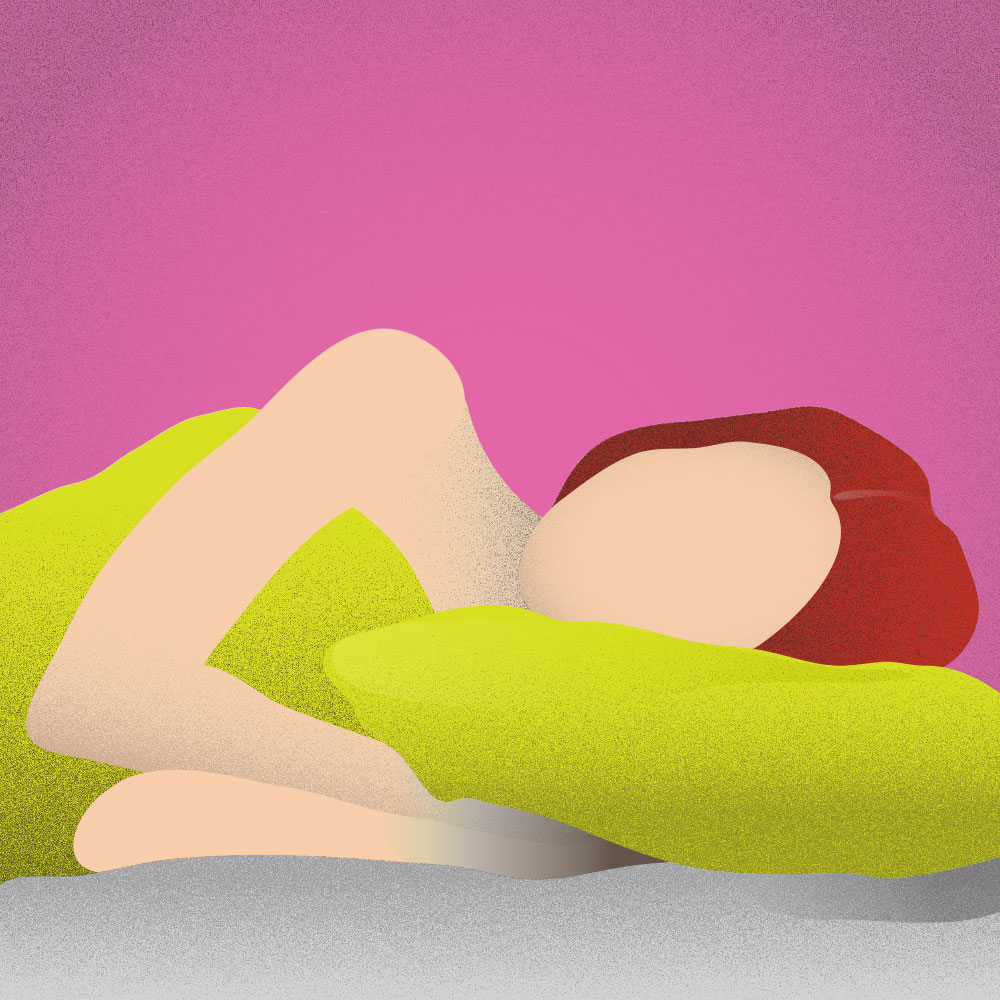why shop manta sleep
6 Sleeping Habits Worldwide That Will Surprise You
Just as our looks, food, and languages vary worldwide, so do our sleeping habits. How you sleep may be directly affected by where you live, how you were raised, or even how your room is set up.
Regardless, the need for good quality sleep unites us all. Simply put: there is no right or wrong way to rest.
Let’s explore some unique sleeping practices from around the world.
What Factors Affect Sleeping Habits Worldwide
A variety of different elements dictate our sleeping habits, which include, but are not limited to:
- Culture
- Religion
- Weather
- Folktales
Siestas
For example, “siestas” (Spanish for “an afternoon rest or nap”) are thought to have originated from Spanish farmers who needed a quick nap to re-energize for the second half of the day.
Siestas are common in other countries as well, including:
- Greece
- Italy
- Costa Rica
- Mexico
- Ecuador
- And other Spanish-speaking countries
You will notice these countries all tend to be very hot during the day. The stifling heat was often too much for laborers, so a midday nap would also help them to avoid the hottest part of the day.
Meditation
A common practice in Mexico is to pray or meditate before bed. In fact, 62% of the Mexican population (1) practices a bedtime ritual of meditation.
The practice of meditation, or simply just “switching off”, an hour before bed is crucial for a good night of rest.
So before you look at your phone screen or TV screen before bed, just remember that these screen lights often wake you up again, therefore making it harder for you to settle down and prepare to sleep.
Instead, practice the stillness of meditation, which not only will settle your mind, but also your body, and prepares you for sleep.
Sound Sleeping Habits Worldwide
1. Sleeping Naked
Did you know the British fancy sleeping in the buff? In fact, nearly one-third of the UK population ditch their pajamas to sleep in the nude– that percentage is higher than any other country in the world!
Sleeping naked can help you improve blood circulation, reproductive health, and even relationships! Here are more benefits of sleeping naked.
2. Sleeping Outside
In many Scandinavian countries, it’s not uncommon for parents to put their babies outdoors for a nap (yes, even during the winter!) (2).
The reasoning is that the fresh air will help the infants to develop a stronger immune system, and perhaps help prevent sickness.
Similarly, in Mexico, it is common to sleep in hammocks– a practice that dates back to colonial times. Many people claim sleeping in a hammock is the best way to achieve a peaceful night’s rest.
3. Sleeping with Pets
Americans love to sleep with their furry friends! As many as 71% of American pet-owners (3) occasionally let their animals sleep in the bed with them.
Surprisingly, studies have shown that sleeping with a pet can improve the quality of your sleep, because it promotes relaxation and a sense of calmness, both of which are conducive to a peaceful night of rest.
4. Sleeping in Public
“Inemuri” (4) is the Japanese practice of “catching sleep in public”. Whether you’re chilling on a park bench, sitting in class, or even at work, Japanese culture permits you to take a break to nap.
Japanese culture promotes hard working, and therefore sees value in sleeping publicly, as it suggests you are tired from overexerting yourself at your job.
5. Drinking Tea
Britons can’t get enough tea– and bedtime is no exception. In fact, 43% of people in the UK (5) enjoy a relaxing hot beverage before they hit the hay!
As long as the cup of tea is caffeine-free, you shouldn’t have a problem falling asleep afterward. The hot beverage will help you unwind and relax you before you go to bed.
6. Sleep Away Your Fears
In Indonesia, the Balinese people practice “fear sleep” (6). Fear sleep is a technique that allows one to snooze in a crisis situation, in hopes of reducing stress.
By combating fear with sleep, it helps those in need, and they are better-able to confront their problems once awake. In some cases, sleep has been proven to reduce, or even conquer, one’s fears!
The Rest Is Up to You!
As you can see, sleeping isn’t wholly governed by biology. The roots of our sleeping style are significantly influenced by culture and lifestyle as well. So, if your schedule allows it, sleep your way– don’t feel pressured to rest in a way society tells you.
Do what works for you. All that is important, is that you get enough high-quality rest– the rest is up to you!
Let us know in the comments, which of these habits you might try out. If we have missed any unique sleeping techniques you use, or have heard of, we’d love to hear from you, too!
Sources:
(1) National Sleep Foundation. "2013 bedroom poll explores sleep differences among six countries." ScienceDaily, www.sciencedaily.com/releases/2013/09/130903113305.htm. Accessed 11 Nov. 2018.
(2) Lee, Helena. “The babies who nap in sub-zero temperatures." BBC News, 22 Feb. 2013, www.bbc.com/news/magazine-21537988
(3) The Harris Poll. “More Than Ever, Pets are Members of the Family.” Cision PR Newswire, 16 Jul. 2015, www.prnewswire.com/news-releases/more-than-ever-pets-are-members-of-the-family-300114501.html
(4) Steger, Brigitte. "The Japanese art of (not) sleeping." BBC Future, 6 May 2016, www.bbc.com/future/story/20160506-the-japanese-art-of-not-sleeping
(5) Lal, Amit. Understanding the Language of Silence - Sleep, Sleep Behavior and Sleep Disorders. eBookIt.com, 2014.
(6) Warren, Jeff. "How To Sleep Like a Hunter-Gatherer." 2 Jan. 2008, www.discovermagazine.com/2007/dec/sleeping-like-a-hunter-gatherer











![Manta Sleep Earplugs [10 Pairs]](https://cdn05.zipify.com/sQQA6xKYQn2FecyvgbWD1D8WnoA=/fit-in/1030x0/d40324cb6efd43759b43e4dbb4c2c84f/earplugs.jpg)

